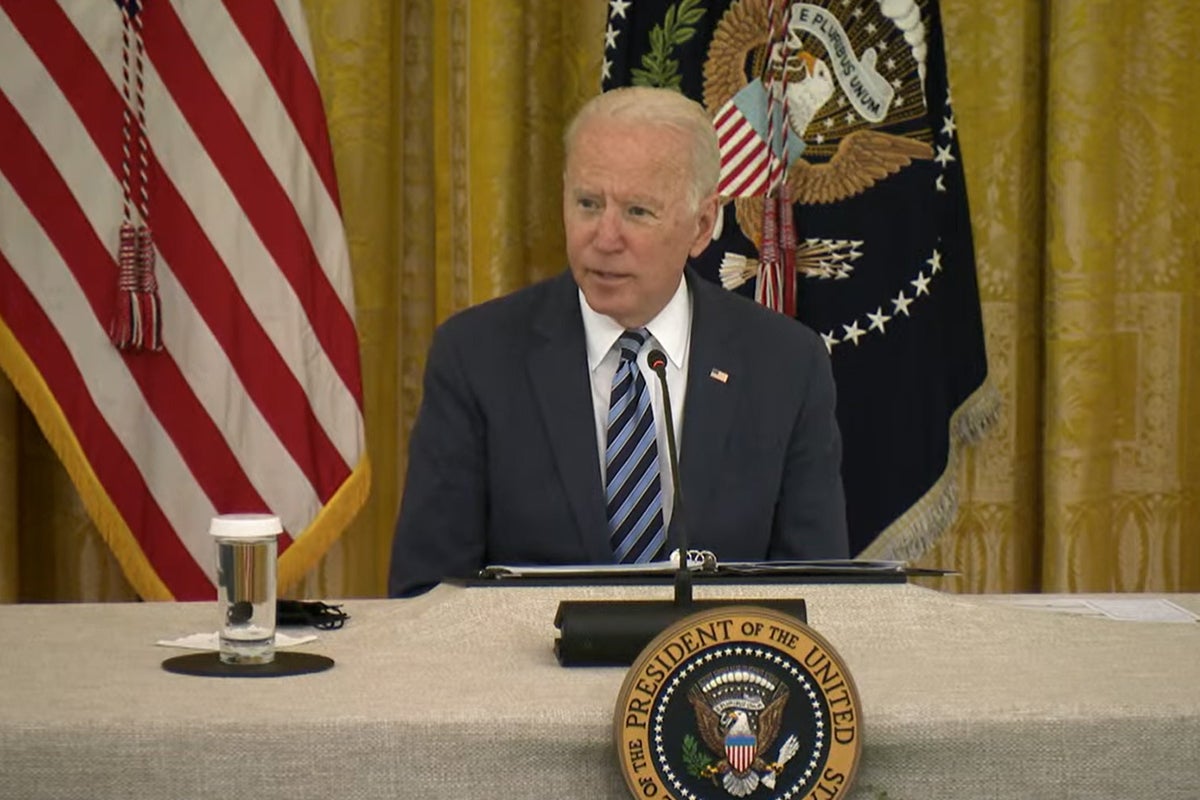- My cat loves this automatic wet food feeder, and it's on sale
- Certified and Unstoppable: Recertify with Rev Up
- Walmart's drone delivery spreads its wings to 100 more stores - is yours one?
- Meta Ray-Bans for 20% off is a great deal on one of my favorite products
- Control content chaos without compromising security
CHIPS and Science Act becomes law, as US chipmaking investments rise

President Biden on Tuesday signed into law the CHIPS and Science Act, which includes a $52.7 billion package of subsidies and grants to the US semiconductor manufacturing industry, in a move aimed at reducing the country’s dependence on Asian silicon makers and reinvigorating US chipmakers.
Manufacturing incentives form the lion’s share of the funding in the bill, at $39 billion, but there’s also $2 billion for legacy chipmakers who make products critical to automotive and defense systems, $13.2 billion for research and workforce development, and $500 million for supply chain and networking security.
“America invented the semiconductor, but today produces about 10% of the world’s supply—and none of the most advanced chips,” the president’s office said in a statement. “The CHIPS and Science Act will unlock hundreds of billions more in private sector semiconductor investment across the country, including production essential to national defense and critical sectors.”
US chipmakers start investments in manufacturing
Two major US chipmakers have already committed to expanding their domestic manufacturing facilities, in the run-up to the act’s passge. Qualcomm, in partnership with GlobalFoundries, said Monday that it would invest $4.2 billion to expand the latter company’s facility in Malta, NY.
Senate majority leader Chuck Schumer, a Democrat for New York, one of the key legislative supporters of the bill, said that the move is “terrific news” for industry and the community.
“This deal to 2028 proves what we have always known – that the industry will grow here when we are competitive with Asia and Europe,” he said in a press release. “With major new federal incentives for microchip manufacturing in the U.S., I look forward to many more announcements like this to come.”
The other major deal announced was memory manufacturer Micron’s commitment to $40 billion in new capacity spending, a move that the Biden administration said could create as many as 40,000 new jobs.
While the bill enjoyed bipartisan support in Congress and is generally popular in most quarters of the technology industry, some companies aren’t thrilled about what was left out of the CHIPS and Science Act.
According to Gartner Research vice president and analyst Gaurav Gupta, US-based chip designers and some fabless semiconductor companies have expressed irritation that the bill provides the vast majority of its funding for manufacturers only—not for other parts of the silicon sector.
“If you talk to folks in the industry, you’ll get that view that it’s not going to benefit everyone equally,” he said in an interview with Computerworld last month.
Copyright © 2022 IDG Communications, Inc.

